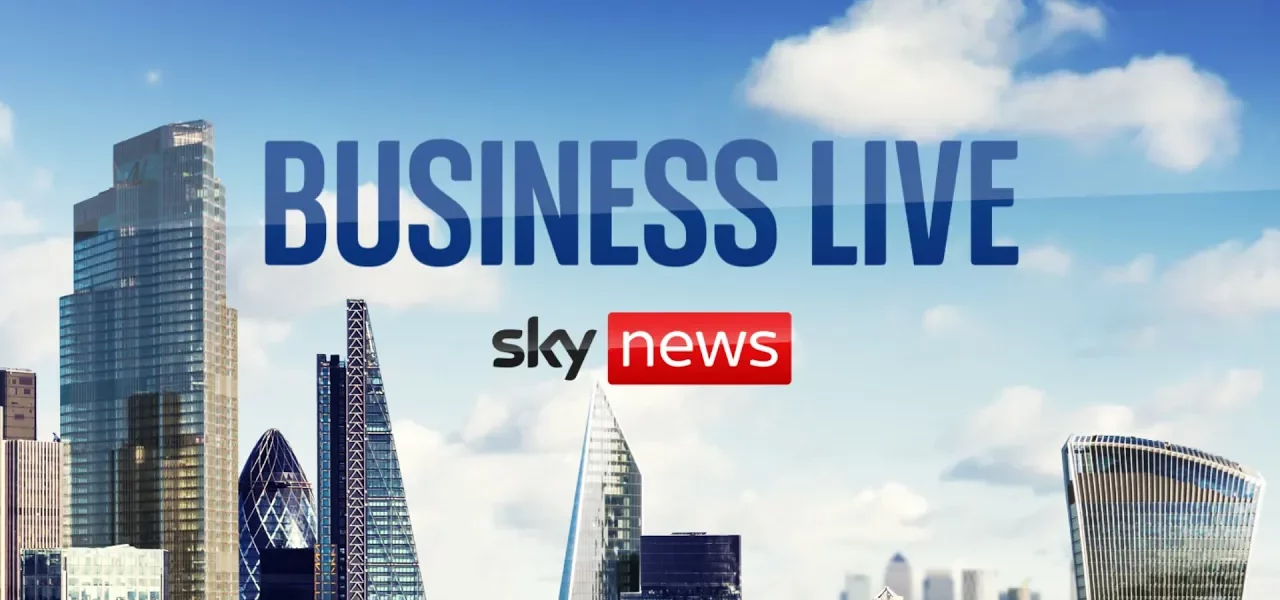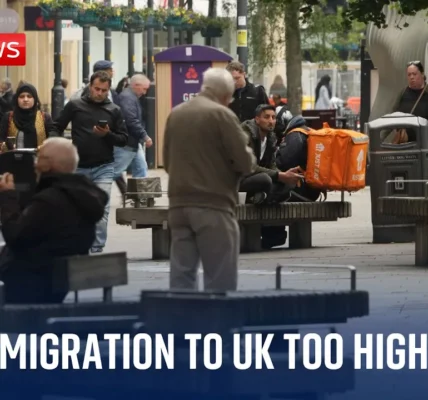Sir Keir Starmer Addresses the Trades Union Congress: Key Takeaways

In a significant address to the Trades Union Congress in Brighton, Sir Keir Starmer delivered a message emphasizing economic stability and the realities of public sector pay. This article delves into the details of his speech, the reactions from union delegates, and the broader implications for labor rights and the UK economy.
Introduction
Sir Keir Starmer’s recent address at the Trades Union Congress (TUC) was marked by a stark message regarding the economic landscape and its influence on labor rights and pay structures. His comments highlighted the delicate balance the Labour Party must maintain between addressing union demands and adhering to economic realities. This article aims to unpack his speech, the reactions it elicited from delegates, and what it means for the future of labor relations in the UK.
Key Messages from Starmer’s Speech
Starmer’s speech can be distilled into several key messages that reflect his approach to labor relations and economic policy.
Economic Stability Over Recklessness
Starmer emphasized his responsibility to maintain economic stability, stating that the current economic circumstances prevent him from being reckless with the mandate given to him. This position illustrates a cautious approach, aiming to reassure both union members and the general public about the government’s fiscal responsibility.
Pay Shaped by Economic Reality
In a clear indication of the challenges ahead, Starmer mentioned that public sector pay would be shaped by economic reality. This statement was met with mixed reactions, as many union delegates were looking for more substantial commitments regarding pay increases.
- Concerns about inflation affecting real wages
- Historical context of public sector pay freezes
- Union demands for restoring pay to 2010 levels
Focus on Workers’ Rights
Starmer introduced a new deal for working people, spearheaded by Angela Rayner, which includes proposals aimed at enhancing workers’ rights. This package has been well-received by union leaders, who see it as a step forward in protecting labor interests.
Public Reception and Reactions
The reception of Starmer’s speech at the TUC was notably varied. While many delegates expressed support, there were clear dissenting voices.
Mixed Reactions in the Hall
Following the speech, a majority gave a standing ovation, but not all were in agreement. A notable heckler called out for higher taxes on the wealthy, reflecting the frustrations of those who feel the current government is not doing enough for working-class citizens.
Key Questions and Concerns
During the Q&A session, Starmer faced tough questions regarding government policies, particularly the two-child benefit cap and the absence of direct questions on winter fuel payments. This indicates a growing concern among union members about the adequacy of government support for vulnerable populations.
- Tax policies favoring the wealthy
- The need for immediate reforms in social welfare
- Calls for a more aggressive approach to public sector pay
Implications for Labor Relations and the Economy
Starmer’s address has significant implications for labor relations in the UK, particularly as the country navigates a complex economic environment.
Potential Friction Between Unions and Public Sector Employers
With unions advocating for substantial pay increases, the government’s cautious approach could lead to friction as negotiations progress. The commitment to economic stability may clash with union demands, leading to potential strikes or unrest.
Future of Workers’ Rights Legislation
The proposed workers’ rights package is seen as a crucial development. However, its successful implementation will require careful navigation to avoid unintended consequences that could burden employers and stifle job creation.
Conclusion
Sir Keir Starmer’s address at the Trades Union Congress presents a complex picture of labor relations in the UK. While his commitment to economic stability is clear, the challenges of meeting union demands for pay increases and workers’ rights remain significant. As the Labour Party seeks to balance these competing interests, the coming months will be critical in shaping the future of labor rights and economic policy in the UK. For ongoing coverage and analysis, stay tuned to our website for updates on this evolving story.
“`




